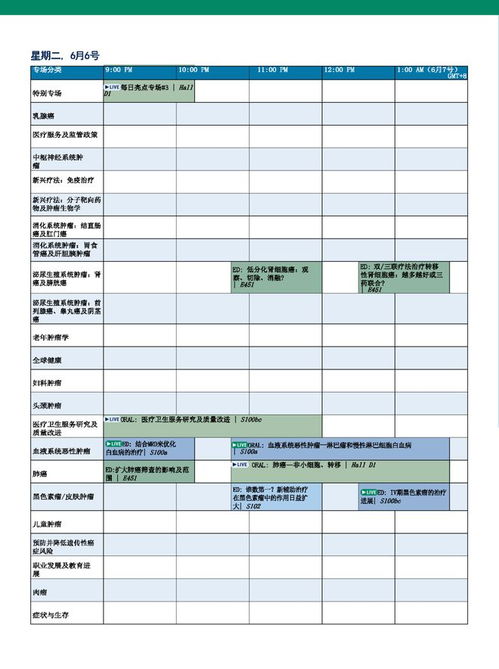Title: English Translation for "日程"
日程 (rìchéng) in English can be translated as "schedule" or "itinerary." It refers to a plan or timetable of events, appointments, or activities arranged for a particular period of time. The term "日程" can be used in various contexts, such as personal schedules, business agendas, travel itineraries, or event programs.
Here are a few examples of how "日程" can be translated into English:
1. Personal Schedule:
"我的日程非常紧凑,我几乎没有空闲时间。"
"My schedule is very tight, I hardly have any free time."
2. Business Agenda:

"明天的会议日程包括讨论市场策略和财务报告。"
"Tomorrow's meeting schedule includes discussions on marketing strategies and financial reports."
3. Travel Itinerary:
"我们的旅行日程安排了参观景点、品尝当地美食和体验文化活动。"
"Our travel itinerary includes visits to tourist attractions, tasting local cuisine, and experiencing cultural activities."
4. Event Program:
"音乐会的日程包括交响乐演奏、独奏表演和合唱团演唱。"
"The concert program includes symphony performances, solo recitals, and choir singing."
Overall, the translation of "日程" depends on the specific context in which it is used, but "schedule" and "itinerary" are the most common and versatile translations for this term in English.











